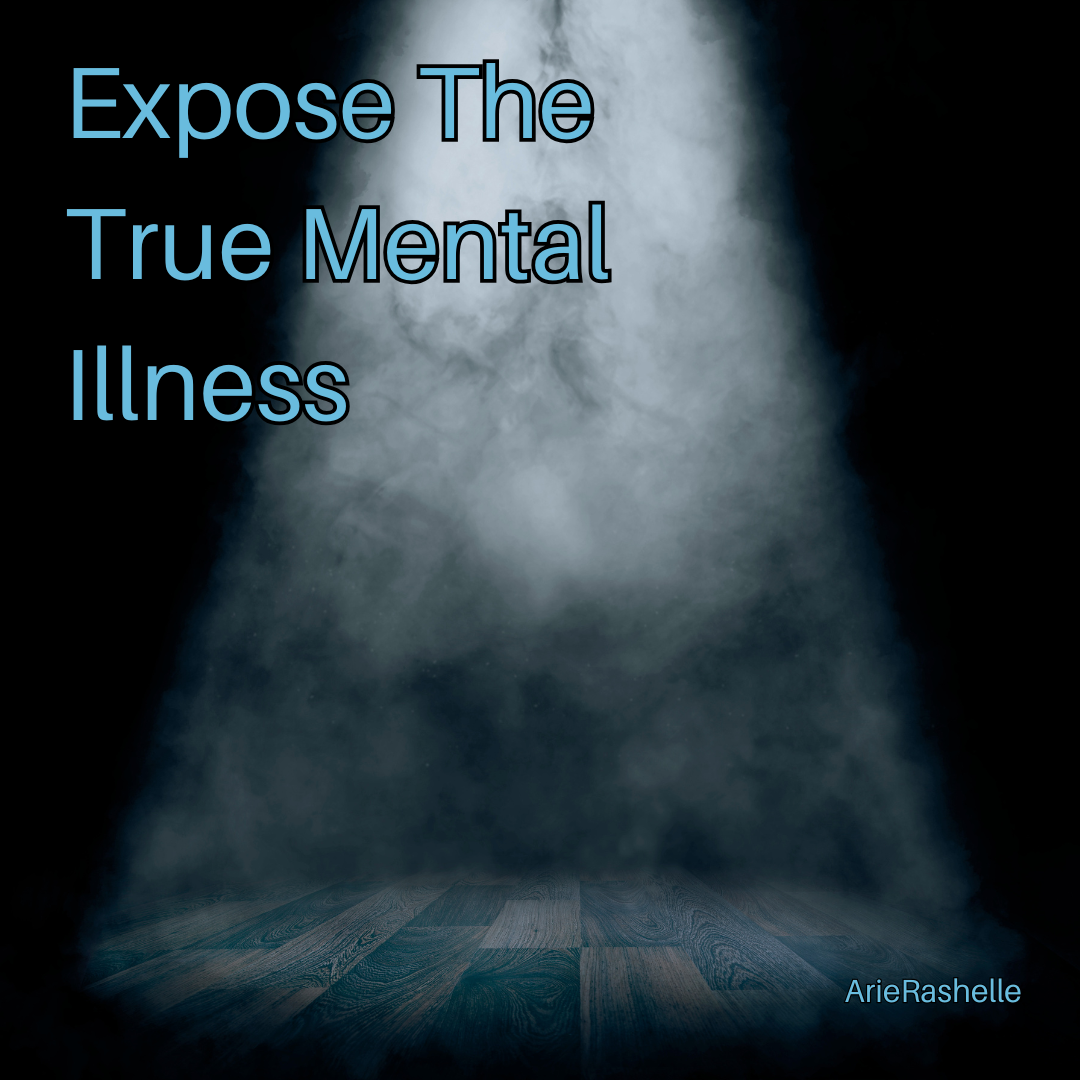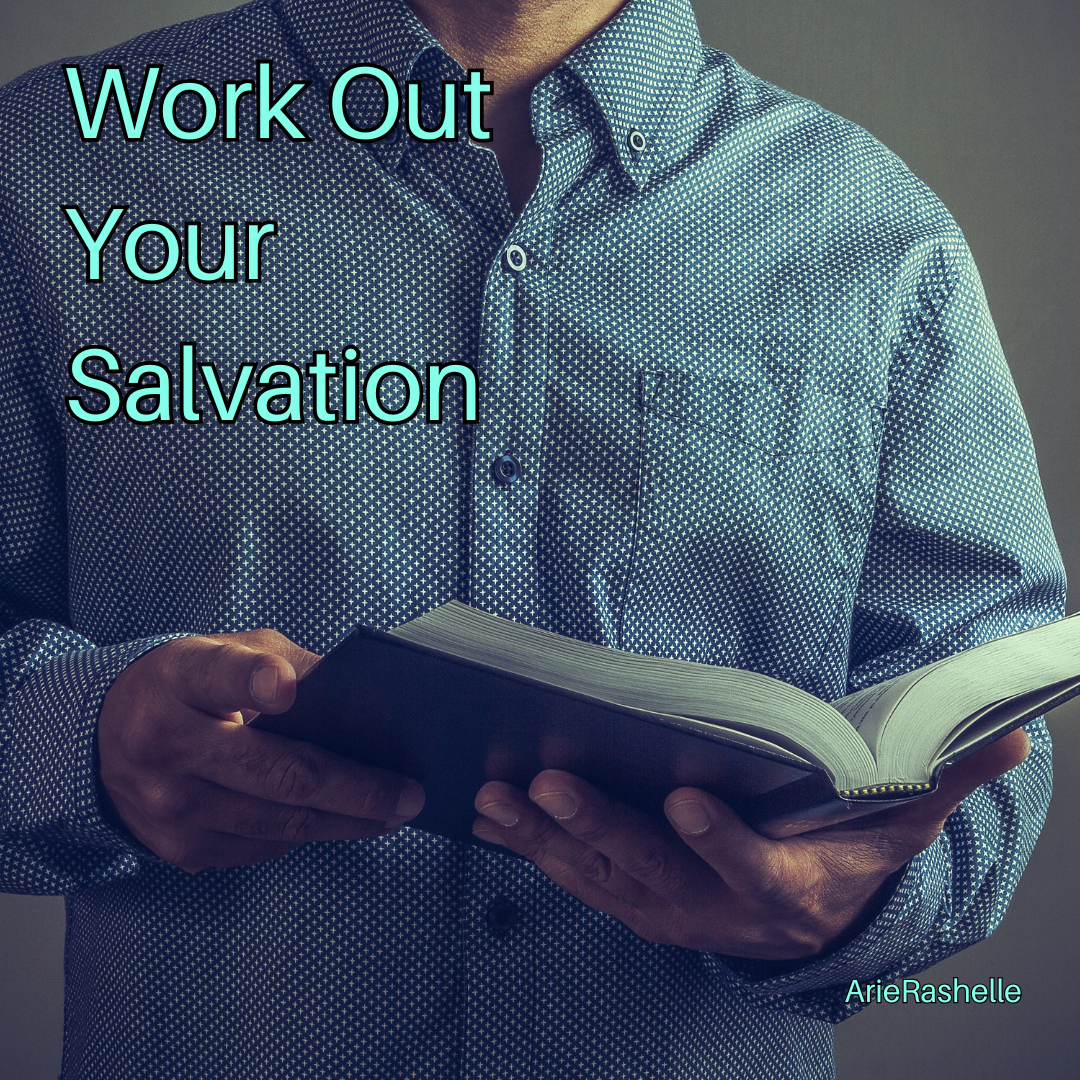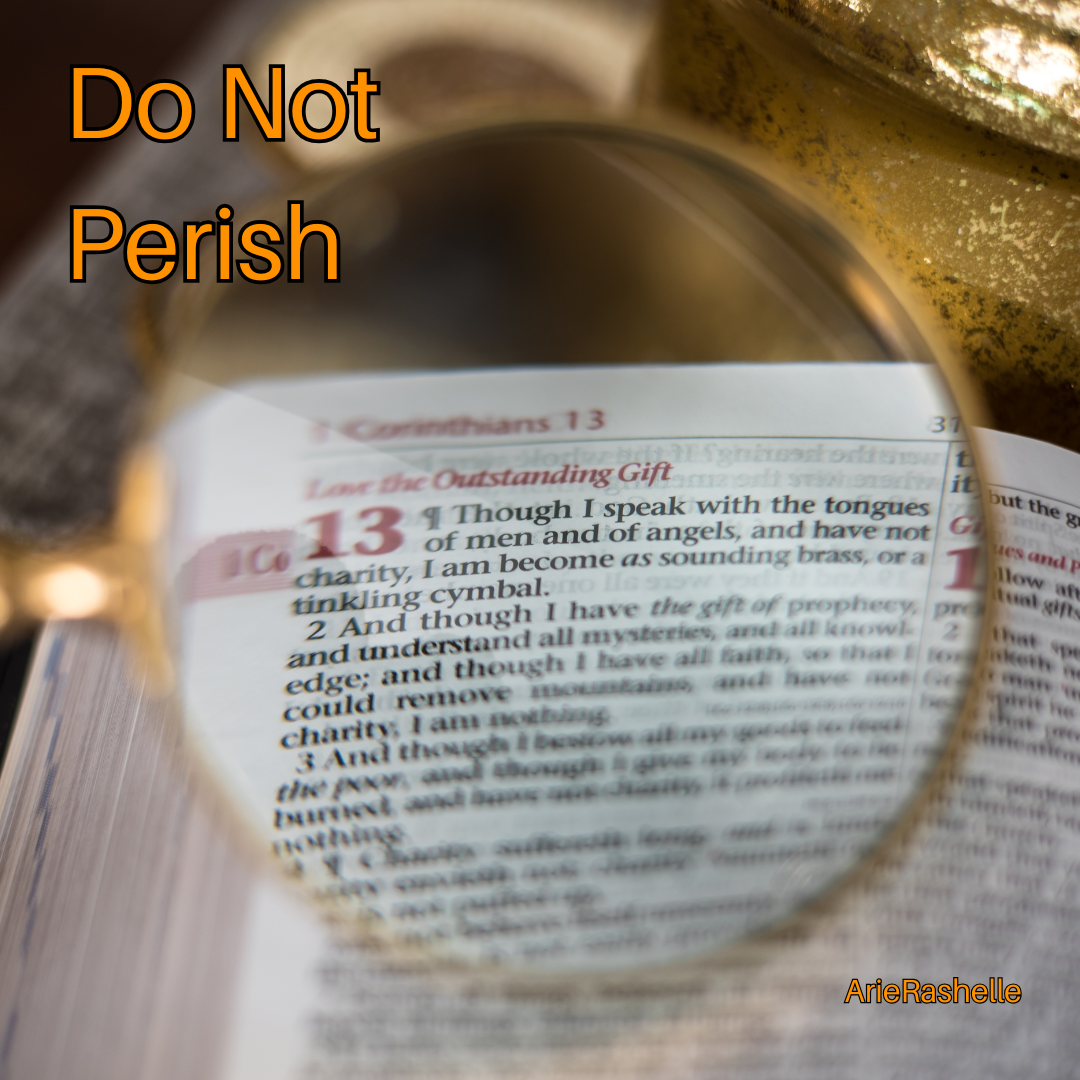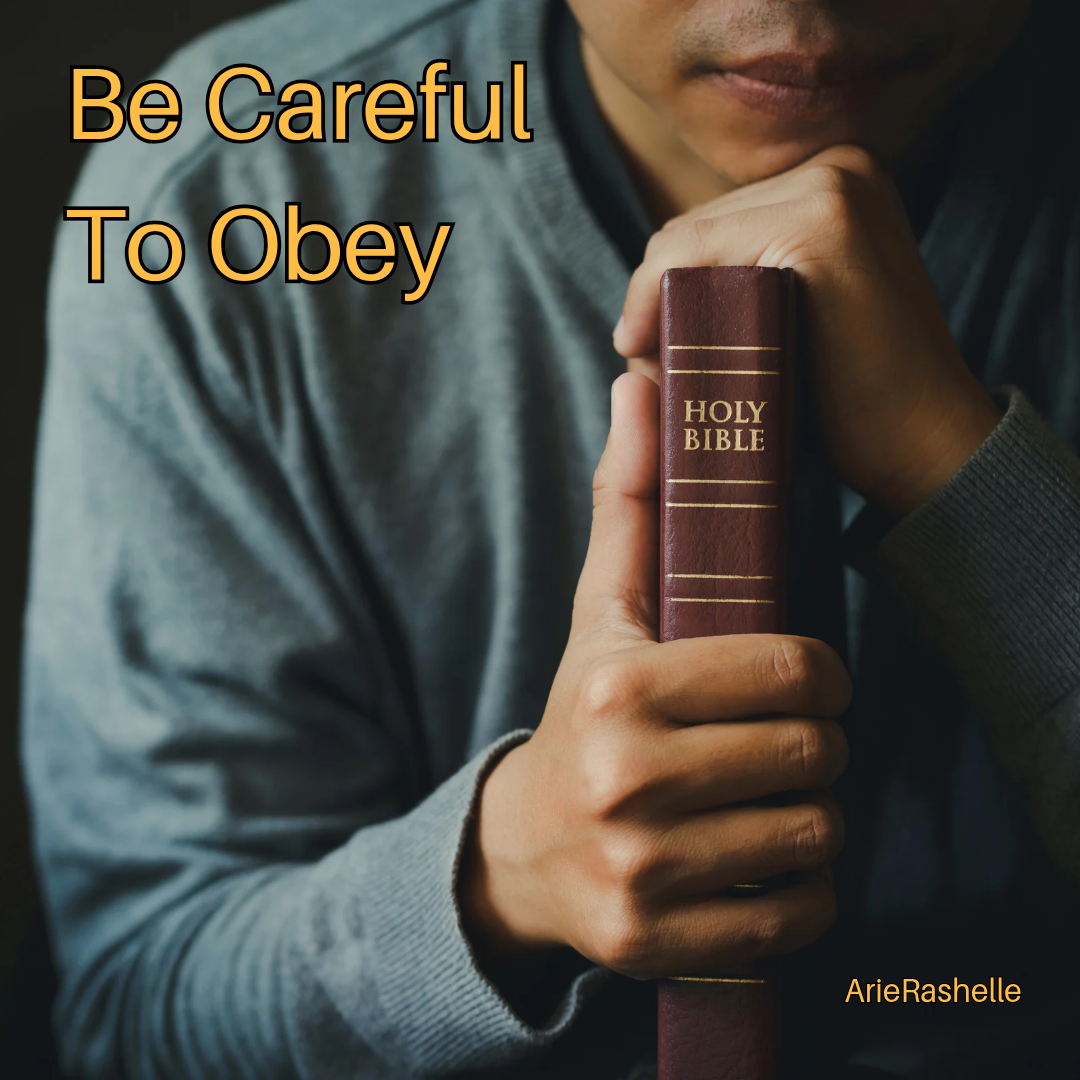19 And this is the judgment: the light has come into the world, and people loved the darkness rather than the light because their works were evil. ~ John 3:19
I recently saw a podcast where the woman said that she believed the one of the worst (if not the worst) mental illness someone can suffer from is religion. She said this because she had just watched a documentary about Ruby Frank who abused her children because she said she believed they were demon-possessed. All I could think was, this is quite an ignorant statement to make. This woman’s issue wasn’t that she was religious or believed in a religion, but that she didn’t know, nor did she take the time to understand the religion she was claiming. On top of that anyone who can abuse and torture their own children is demonized and influenced by evil because they have no true religion. But I digress.
When we remove religion from society, we get societies such as North Korea, China, and Vietnam. Let’s look at the effects of Atheistic Communism in these three nations.
Vietnam according to communistcrimes.org:
The death toll at the hands of the post-war communist regime (1975-1987) is estimated to be approximately 430 000; 65 000-100 000 of those were executed, approximately 1 million sent to concentration camps, of whom 165 000 were killed, approximately 200 000–250 000 boat refugees lost at sea, and in addition to the aforementioned figures the victims of the different conflicts on the Indochina peninsula in the 1980s are added.
That wasn’t a religious attack. That was pure atheist communism that killed hundreds of thousands of people. Not religion, but the lack of it. Pure Godlessness.
China according to communistcrimes.org:
The new Maoist regime established a totalitarian communist system, killing and causing the unnatural deaths of tens of millions. Although the civil war between the communists and the nationalists is thought to have killed 6-10 million, a much larger number of casualties resulted from systematic terror, repressions and social reforms launched in the mid-1940s by the communists. Estimates of the number of victims during 1949-1975 vary and fully reliable figures do not exist. China’s official statistics have not been made available for thorough research. According to an analysis of ten different Western sources, a total of 45-60 million have lost their lives during forced collectivization, purges (2-5 million killed), the Great Leap Forward and the ensuing famine (30-40 million deaths), Cultural Revolution (2-7 million killed), occupation of Tibet (0,6-1 million killed) or died in laogai, the world’s largest network of concentration camps (15-20 million deaths), and because of other repressions.
Millions killed at the hands of the Chinese communist regime.
North Korea according to communistcrimes.org:
Agrarian reform, launched in late 1940s, gained momentum after the war and paved way for collectivization, one-party dictatorship and Stalinist-style repressions and purges. The number of executions is unknown, but the ideology provisions of North Korea’s penal code, witness accounts and initial statistics indicate that about 90 000 may have been killed during the 1958-1960 campaign of terror. During 1948-1987, about 1.6-2 million Koreans perished in government-sanctioned repressions. About 100 000 were killed during purges and at least 400,000, but probably more than 1.5 million died in prison camps.
Prisons and camps are just part of a larger repressive network that includes transit jails for dissidents, correctional labour centres, labour camps and deportation zones where as many as 150 000 – 200 000 people are still being kept in concentration-camp conditions. In those facilities, mortality rate is estimated at 100 per day or 36 500 a year. The UN indicated in 1997 that during a 1990s famine, which the government could have well avoided, more than 10 million suffered from malnutrition and hundreds of thousands starved to death. Other estimates put the death toll at 2 million or more.
In a span of 50 years these three atheistic communist societies tortured and killed more people because of their atheistic beliefs than all the tortured and deaths caused by all the religions of the world put together. Let that sink in. That’s not even including the 62 million killed under Stalin in the Soviet Union or Pol Pot in Cambodia.
Torture. Murder. The dehumanizing of humanity isn’t a character trait of religion, especially not the character trait of Christianity that this woman so strongly despises without cause. The reason she can demonize religion so freely without fear of repercussions is because she lives in a Christian nation. Because our founding fathers’ beliefs were grounded in Christianity they emphatically proclaimed:
We hold these truths to be self-evident, that all men are created equal, that they are endowed by their Creator with certain unalienable Rights, that among these are Life, Liberty and the pursuit of Happiness.
That is our Declaration of Independence written by Thomas Jefferson and is the foundation of our very country. Religion isn’t a mental illness, nor is it the worst or most dangerous. In fact, I would say the denial of religion is. It is the complete and under removal of God that causes the most deaths. Why? Because if we remove God, we remove creation. If all men are not created equally, then we no longer have to see each human as equal, but we can dehumanize people based on our own ideas, feelings, and opinions. We can create our own truth and live in a world that calls right wrong and wrong right. That confuses good and evil. It is Godless societies that cause the most destruction and evil, yet it’s religion, namely Christianity, that is hated, demeaned, and attacked.
This is nothing new though. Darkness hates Light. It is the Light that the darkness hates because when you shine light into the darkness you expose all that the darkness was hiding. It forces you to face the reality of your sin. The reality of the darkness within yourself. It forces you to die to self and live to Christ, but our flesh hates this. It wants to dwell in darkness where it is comfortable. So, it attacks the Light in hopes of self-preservation. The idea that something that has caused the most evil is the right path to take and the one that has contributed the most good is evil is a mental illness, and the most dangerous one at that.
Peace. Love. Go Forth and Expose The True Mental Illness.










